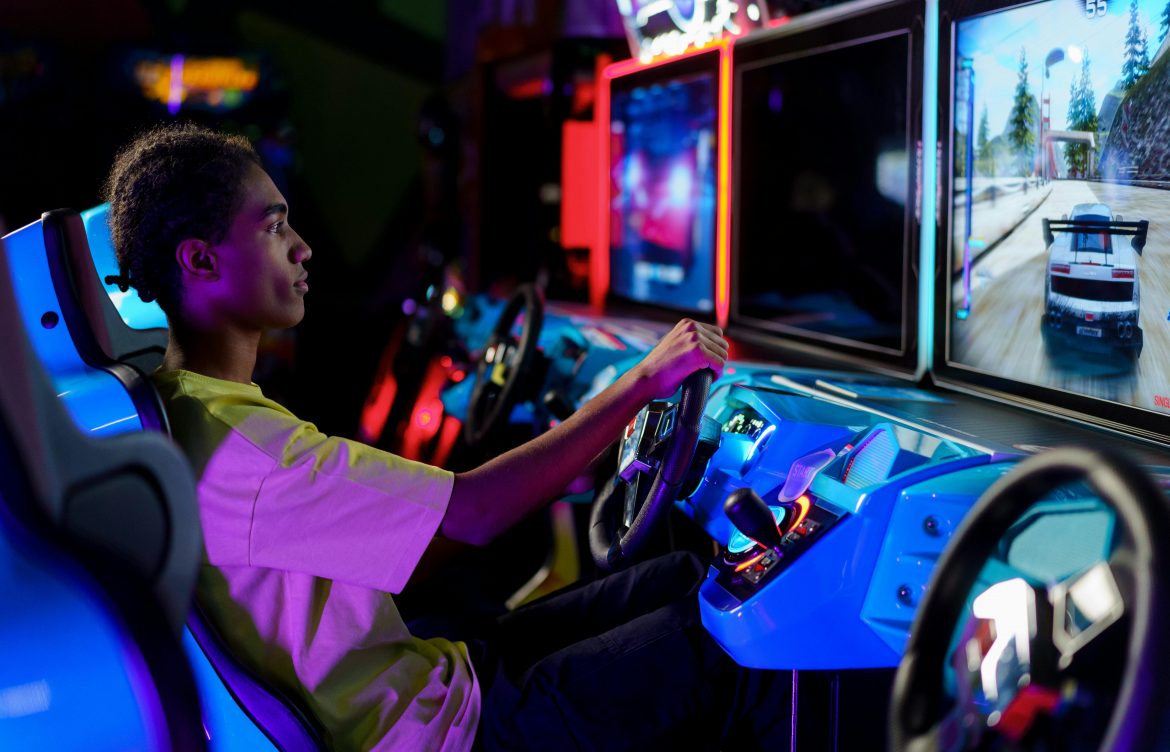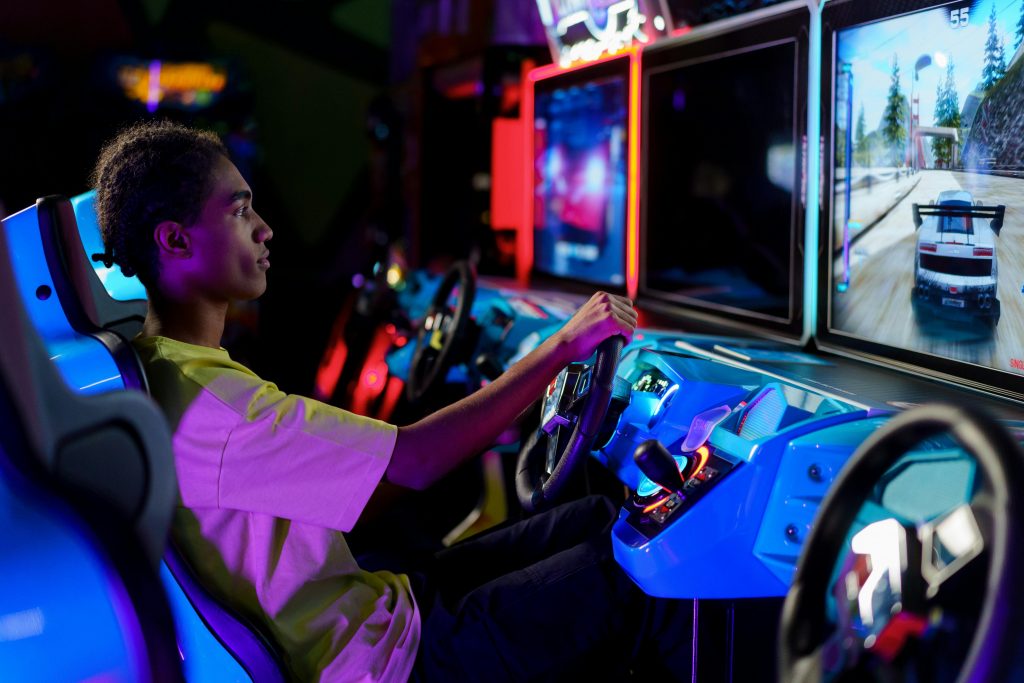
The Power of Pixels: How Gaming Captivates Gen Z

In the realm of modern entertainment, a force of digital enchantment reigns supreme, captivating the hearts and minds of an entire generation. This force, woven into the fabric of screens and consoles, is none other than the world of gaming.
From the pixelated landscapes of classic arcade games to the immersive universes of virtual reality, gaming has become an integral part of the cultural landscape, particularly for Generation Z.
To understand the profound influence gaming holds over Gen Z, one must delve into the very essence of its allure. At its core, gaming offers an unparalleled sense of agency and adventure. Unlike passive forms of entertainment, such as television or film, gaming places the player in the driver’s seat, allowing them to dictate the course of their own virtual destiny.
Moreover, gaming serves as a powerful social catalyst for Gen Z, fostering connections and communities that transcend geographical boundaries. In an era characterized by digital interconnectedness, multiplayer online games serve as virtual meeting grounds where friendships are forged, alliances are formed, and rivalries are ignited.
Through platforms like Twitch and Discord, gamers can share experiences, strategies, and even emotions in real-time, creating a sense of camaraderie that transcends the confines of the digital realm.
The immersive nature of gaming also plays a significant role in its appeal to Gen Z. In a world fraught with uncertainty and stress, gaming offers a respite from reality, allowing players to escape into fantastical worlds where the only limits are those of their imagination.
Furthermore, gaming has evolved beyond mere entertainment to become a platform for self-expression and creativity for Gen Z. From designing custom avatars to modding game worlds, gamers are empowered to leave their mark on the virtual landscape, transforming passive consumers into active participants in the creative process.
Through platforms like Roblox and Minecraft, players can collaborate with peers to build virtual masterpieces, blurring the lines between gaming and artistry.
However, it would be remiss to ignore the potential pitfalls associated with excessive gaming among Gen Z. From concerns about screen time to issues of addiction and social isolation, the rise of gaming has sparked a myriad of debates regarding its impact on mental health and well-being.
As such, it is crucial for parents, educators, and policymakers alike to approach gaming with a balanced perspective, acknowledging its myriad benefits while also addressing its potential drawbacks.